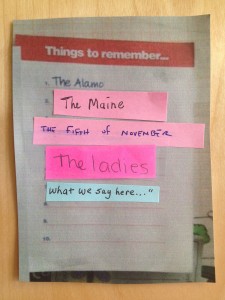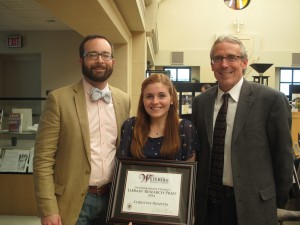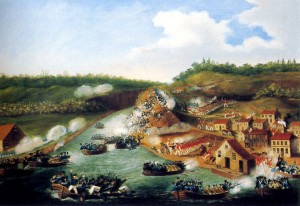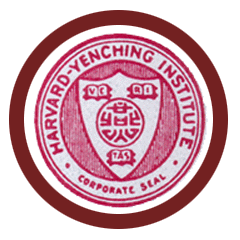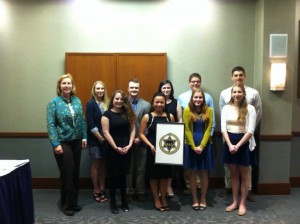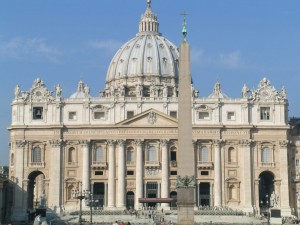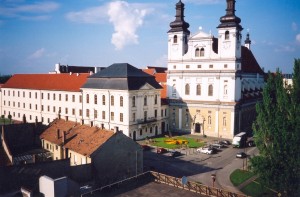As part of our ongoing series on students who graduate with a degree in History from the University of Scranton we offer a guest post from graduating senior Brandon Golden. Brandon leaves this week for a two year stint in the Peace Corps and plans to attend medical school when he returns to the United States.
When I began my undergraduate academic career, I was unsure what major to choose. I love the sciences and plan on becoming a physician. Therefore, it might seem logical to choose a science major. At the same time, I also love History and the perspective it provides me on the world. In the end, I chose to become a History major and it turned out to be the best choice I made for my pre-med studies.
As a History major I learned how to think critically and how to see the bigger picture in complicated subject matter. This way of thinking allowed me to grasp difficult science concepts that many Biology majors struggle with. I think that by being a History major, I have a different way of solving problems than other science majors. In turn, I think that when I become a physician, I will be able to have a different perspective than my other colleagues, and hopefully be a better physician because of it.
In July I will be leaving for the Peace Corps to serve as a middle/high school Math and Science teacher in Namibia. I think that my skills as a History major will continue to be useful. I will be serving for 27 months in either a rural or urban environment and will be teaching up to 50 students. I hope to apply to medical school at some point during the next two years and attend medical school when I return from Namibia. I am interested in emergency medicine and surgery.
Good luck and safe travels to Brandon.

